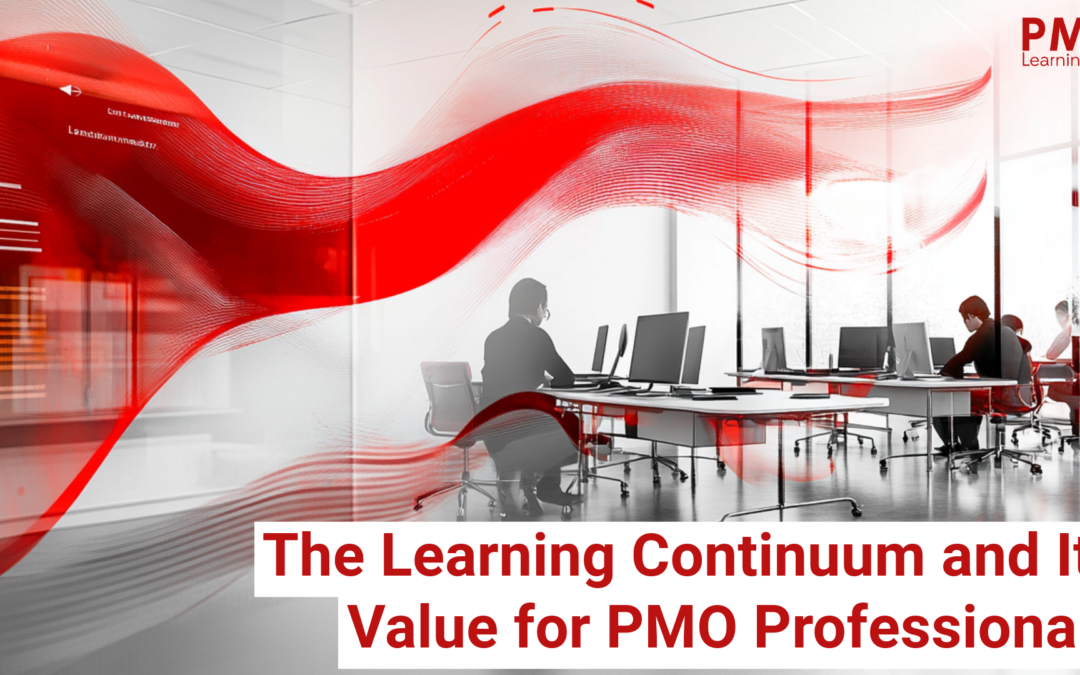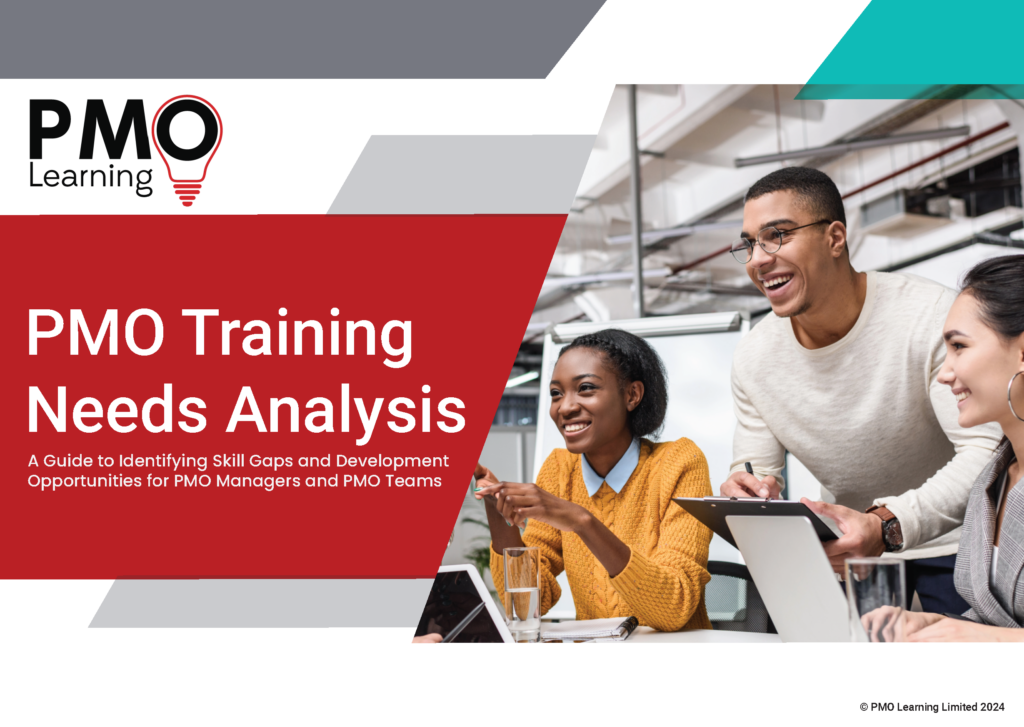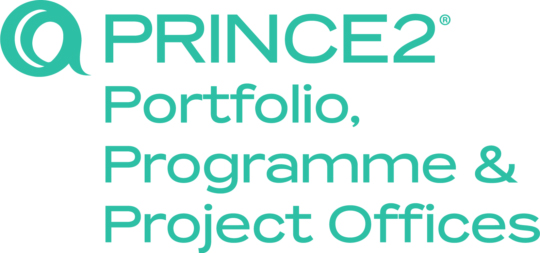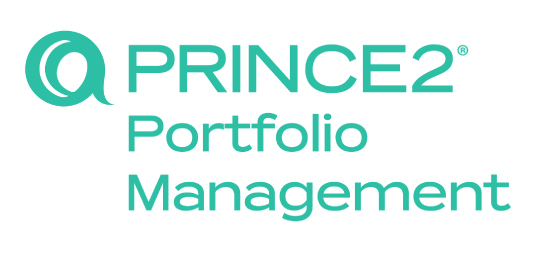Learning is not a one-time event but an ongoing process that shapes professional growth. For PMO professionals, staying informed and refining skills over time is essential to delivering value in their roles. The Learning Continuum Model provides a structured yet flexible approach to professional development, incorporating multiple learning methods to build expertise progressively.
This model emphasises a blend of formal training, informal learning, and hands-on experience, ensuring that PMO professionals continuously enhance their knowledge and capabilities. By integrating these different learning methods, individuals can develop the skills needed to support project governance, portfolio management, and organisational strategy effectively.
What is the Learning Continuum Model?
The Learning Continuum Model recognises that learning is an ongoing journey, not a single event. Instead of treating training as a one-time activity, this model encourages continuous skill development through multiple learning pathways:

Formal Learning – Structured training such as courses, certifications, and workshops.
Informal Learning – Self-directed learning, mentorship, and networking.
Experiential Learning – Hands-on experience, project involvement, and real-world problem-solving.
By blending these learning types, professionals develop expertise progressively, making them more adaptable and effective in their roles.
Applying the Learning Continuum Model to PMO Professionals
PMO professionals play a crucial role in ensuring projects align with organisational objectives. To be effective, they must continuously enhance their skills in project governance, methodologies, and leadership. Here’s how the Learning Continuum Model applies to their growth:
-
Formal Learning: Building a Strong Knowledge Base
Formal education is the foundation of PMO competency. PMO professionals can enhance their expertise through:
PMO Certifications – House of PMO Essentials Certifications, P3O® Certifications, Management of Portfolios® Certifications and Project, Programme and Portfolio Governance Professional.
Advanced Training Programs – specialist courses like Benefits Management and the Role of the PMO or Assurance for PMO Professionals.
Workshops and Conferences – Industry events where experts share insights on best practices and emerging trends such as the PMO Conference.
We also recently wrote a blog on the Kirkpatrick Model and how PMO teams can use the model to evaluate the training they undertake. Click here to read more!
-
Informal Learning: Continuous Skill Enhancement
Beyond structured learning, informal learning plays a vital role in professional growth. PMO professionals can leverage:
Mentoring and Coaching – Learning from experienced leaders to navigate challenges. We provide coaching at all levels of PMO from PMO Administrator through to PMO Director. Click here to take a look at our PMO Coaching and Mentoring sessions.
Communities of Practice – Engaging in discussions, sharing experiences, and problem-solving collaboratively.
Self-Learning – Reading industry reports, listening to podcasts, and exploring new methodologies through online resources. Check out our library of blog posts, designed to educate and keep you updated with emerging trends.
Informal learning empowers PMO professionals to apply knowledge practically without waiting for formal training programs.
-
Experiential Learning: Learning by Doing
Real-world experience is where theoretical knowledge turns into expertise. PMO professionals’ benefit from:
On-the-Job Training – Managing projects, leading governance initiatives, and refining PMO processes.
Secondments and Shadowing – Observing senior professionals to learn about high-level decision-making.
Lessons Learned and Knowledge Management – Analysing past projects, identifying improvement areas, and applying insights to future work.
PMOs encourage experiential learning through continuous improvement frameworks, where teams document lessons learned to refine project methodologies.
Why Continuous Learning is Essential for PMO Success
-
Adapting to Changing Business Needs
The PMO landscape is constantly evolving, with new project management methodologies (such as Agile and hybrid models) and governance practices emerging. Continuous learning ensures PMO professionals can adapt and integrate new frameworks effectively.
-
Enhancing Leadership and Strategic Thinking
Beyond technical skills, PMO professionals must develop leadership capabilities to influence stakeholders, manage conflicts, and drive strategic initiatives. The Learning Continuum Model helps bridge the gap between technical expertise and leadership growth.
-
Driving PMO Maturity and Organisational Success
A learning-oriented PMO fosters a culture of continuous improvement. Organisations with a mature PMO function focus on:
- Standardising methodologies to improve efficiency.
- Upskilling teams to increase project success rates.
- Innovating processes to align with business goals.
Final Thoughts: Embracing the Learning Continuum Model for Career Growth
For PMO professionals, learning is not optional, it is essential. The Learning Continuum Model offers a roadmap for continuous skill enhancement, ensuring career growth and PMO excellence.
To assess which PMO training aligns with your organisation’s goals, we provide a free Training Needs Analysis eBook, a framework that helps pinpoint specific skill gaps and organisational objectives, ensuring training delivers maximum impact.
We also offer in-house and bespoke training options tailored to your unique PMO challenges.
To find out more, click here to get in touch with our training specialist.
Enjoying Our Blog?
Sign up and receive all our articles (we’ll send you an update once a week!) plus special offers and events:
